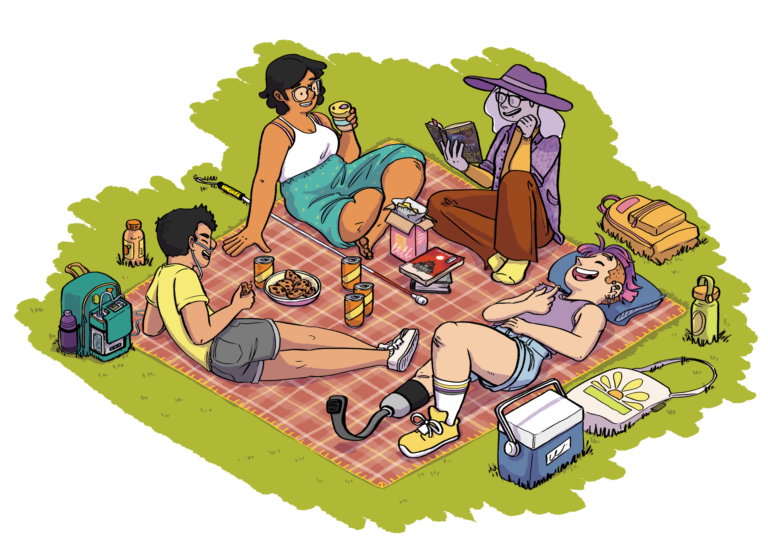Best practice ways to support disabled young people

Disabled young people deserve support that respects their rights, values their identity, and empowers them.
This section of our website is designed to help NDIS service providers and workers understand and apply best practices when working with disabled young people.
Here, you’ll find practical guidance on key topics—including disabled young people’s rights, embracing disability pride, supporting self-advocacy and empowerment, and recognising and challenging ableism in service delivery.
Explore the sections below to strengthen your practice and create inclusive, respectful, and empowering support for disabled young people.
Resources
-
Disabled young people's rights
Find out more about upholding the rights of disabled young people. -
Disability pride
Learn how to embrace disability pride as an NDIS service provider or worker. -
Empowering disabled young people
Here's how to support and empower disabled young people. -
Understanding ableism
Understand ableism and learn how to challenge it.
Access and inclusion course
YDAS’s free online access and inclusion course is designed for people working with disabled young people. It was co-designed by disabled young people.
The course will equip NDIS service providers with the knowledge and tools to effectively support disabled young people by addressing assumptions, fostering inclusive practices, and promoting accessible service delivery.